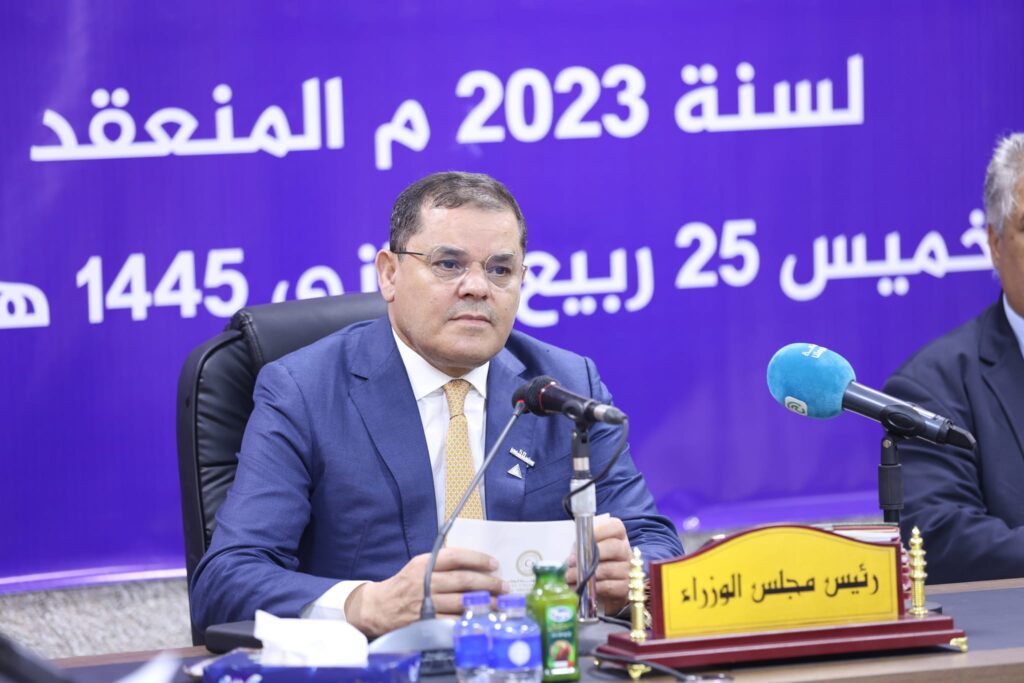Prime Minister Abdul Hamid Dbeibeh is considering plans to scrap fossil fuel subsidy in attempt to stop smuggling.
Speaking during a cabinet meeting in Gharyan today, Dbeibeh affirmed that ending fuel subsidization is the only way to end smuggling and disrupt the black market.
However, he acknowledged that this issue remains contentious one for the Libyan public.
The Tripoli-based premier revealed that his government conducted a survey on scraping subsidization. According to Dbeibeh, the focus group was presented with three options: Either to keep the fuel subsidized, replace fuel subsidies with cash subsidies, or “converting fuel subsidies to partial subsidies and allocating coupons to citizens to obtain fuel from stations.”
“We were surprised that the [group] chose to keep the situation as it is, and this is evidence of the sensitivity of this issue to the Libyan people,” Dbeibeh said.
Public sector wages and salaries and food and fuel subsidies constitute more than half of the spending in the Libyan state budget.
Earlier this week, Farhat Bengdara, Chairman of the National Oil Corporation (NOC), unveiled staggering annual fuel costs, exceeding $8 billion for electricity stations and around $4 billion for various other uses.
In a meeting with Dbeibeh on November 8, Bengdara, pointed out that there is no mechanism that determines the need levels for gasoline and diesel.
